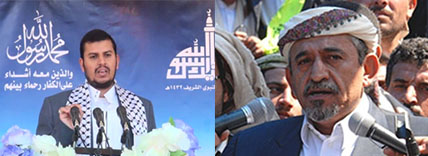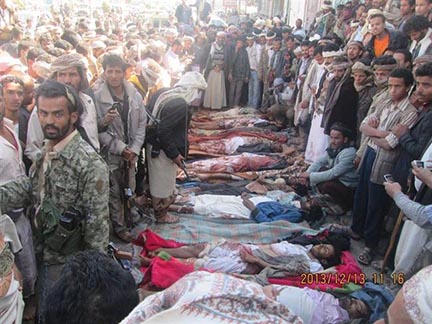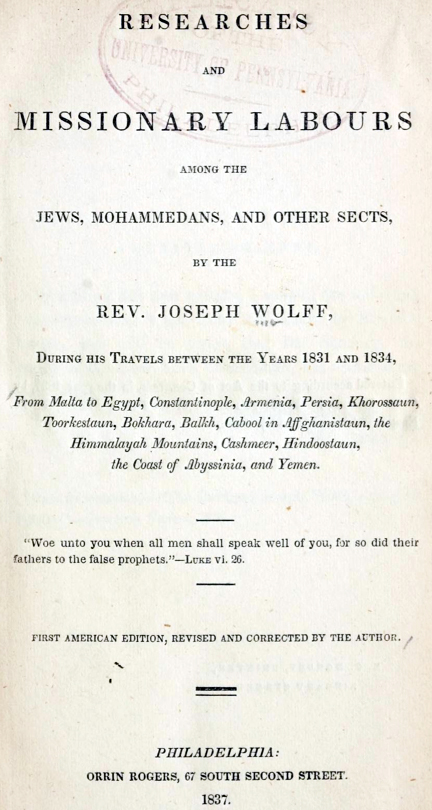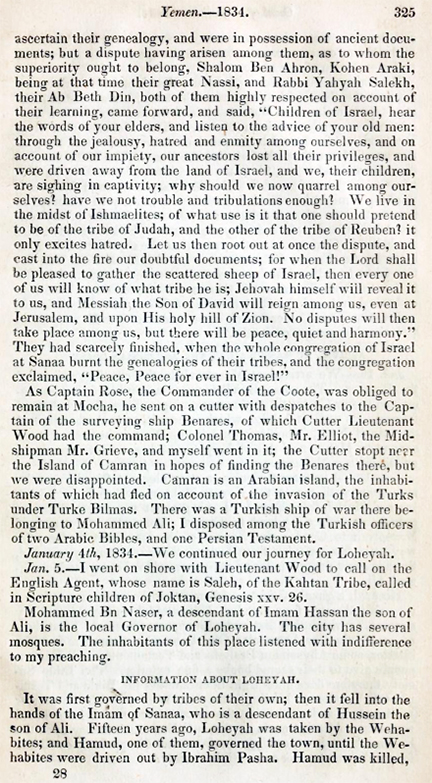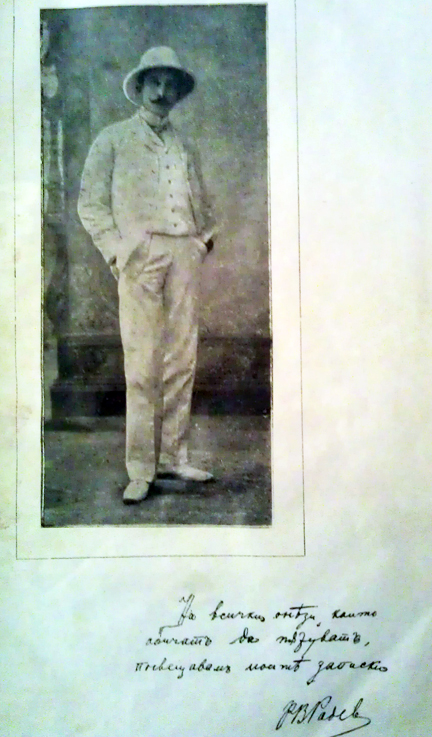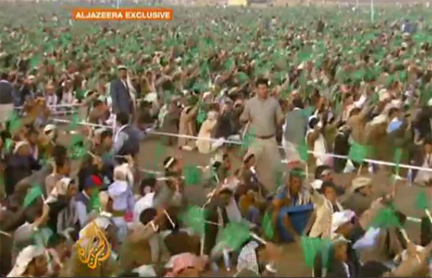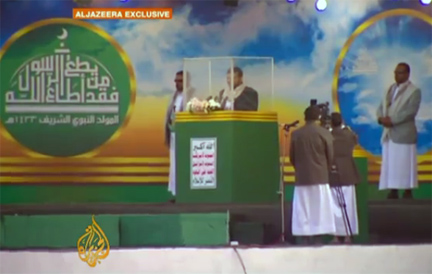
Background image is Daniel Beard illustration for the 1899 edition of Mark Twain’s Tom Sawyer Abroad
The well traveled journalist Thomas Friedman has popped up in Yemen, but apparently he has yet to find out that no one in Yemen drives a Lexus and Yemenis do not grow olive trees. Friedman has won many awards for his hot-air balloon reporting of events in the Middle East. He reminds me of Mark Twain’s Tom Sawyer Abroad, where the American boy hero gets a birds-eye view of Egypt and Palestine without ever escaping being mere “innocents abroad.”
Still, a postcard from Yemen via the New York Times op-ed page, by such a renowned journalist deserves a reading. As usual the journalist himself is one of the main attractions, including starting the very first sentence with an “I” to his own presence. I am not a fan of Friedman’s reportage, even when he claims some kind of inside knowledge about a place in the Middle East, but I do appreciate that two very important points are highlighted in his article: Yemen’s water crisis is a greater threat to instability than any political act and Yemen is poised to “have the best chance to start over – now – if they seize it.” I would only add this: if Saudi Arabia, the Gulf States and the U.S. do not keep the Yemenis from seizing and sustaining control of their own future.
Like Friedman, I have long known that Yemen is “a country of breathtaking beauty, with wonderful people” and, yes, it has become a “human development disaster.” But I would not explain this disaster away as simply due to “political mismanagement” by a string of military dictators. The United Nations, the World Bank, the United States, Britain, France, The Netherlands, Japan, China and a rather long list of foreign aid donors have pumped millions upon millions of dollars into a system without achieving any sustainable results. Saudi money has bankrolled the Ministry of Education, introducing a conservative Salafi brand of Islam that is overtly political. Yemeni workers have been treated like slum bums by the Saudis and Gulfies who hire and fire them at will. While Friedman is right to stress that the environmental and economic crisis created by the critical shortage of water, especially for domestic use in cities, is the major problem being faced, it is not “just about water” by any means. The heavens and fountains of the deep could open tomorrow and the mix of old and new ideologies (most coming from outside Yemen) would blossom like spring flowers after a desert rain. Continue reading Tom Friedman (not Tom Sawyer) Abroad in Yemen →
